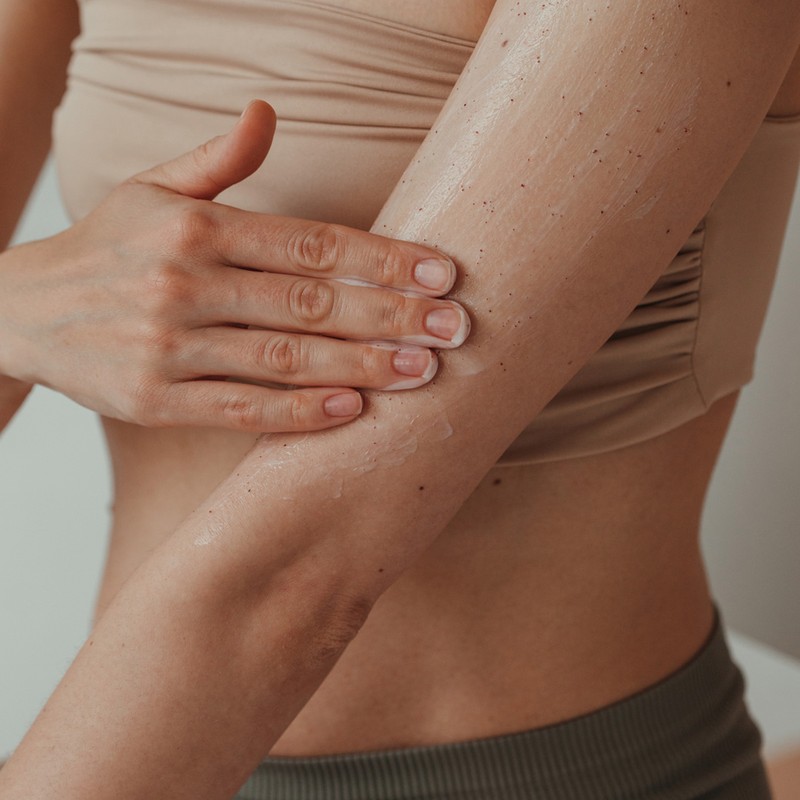A Holistic Guide To Dealing With Problem Skin
NUTRITION
Prioritise Gut Health
“Skin conditions like eczema and psoriasis are complex and, while genes may play a role, there’s a very plausible link between diet and the development of these conditions. One theory is that they may be caused by ‘leaky gut’, which happens when food proteins, toxins and microbes that would normally be transported through the gut leak through into the bloodstream, triggering an immune response. It’s also believed that an imbalance in the gut microbiome can disrupt the skin-gut axis and lead to conditions like eczema and psoriasis. If you struggle with these conditions, prioritising gut health is key. Eating whole, unprocessed foods, having a variety of 30-40 vegetables a week, eating probiotic foods such as sauerkraut, kombucha and kimchi, as well as prebiotic foods such as onion, artichokes and garlic is a good place to start.” – Dr Nirusa Kumaran, medical director & founder of Elemental Health Clinic
Think About Inflammation
“A poor diet can cause inflammation in the body and put stress on major organs and pathways as they need the right nutrients to work. When they don’t get these nutrients, we start to see symptoms of an imbalance, such as skin conditions like eczema and psoriasis. A Mediterranean-style diet is packed with nutrients and very anti-inflammatory. Aim to eat a diet rich in wholefoods, vegetables, fibre, oily fish (salmon, sardines, mackerel and anchovies), and cut back on red meat, sugar, refined carbohydrates, saturated fat and processed foods. Eating more fibre will also help improve bowel function and the elimination of toxins. Also increase your intake of good-quality fats – olive and coconut oil, nuts, seeds and avocados – and avoid cooking with vegetable oils that are inflammatory.” – Jane Mostowfi, nutritional therapist
Keep A Food Diary
“By the time someone is presenting with a condition such as eczema or psoriasis, it’s already worked its way through the body, so the key is to understand and address the root cause of the problem. In my experience, many people still don’t link skin issues with nutrition and just want a cream or a pill to make it better, but this won’t solve the issue long term. I always start by getting clients to keep a food diary and noting which foods trigger a flare-up – it’s amazing how effective this can be. Trigger foods for all conditions tend to be gluten, dairy, alcohol and sugar. But removing them for a short period – say, six weeks – while working on gut function can have some very positive results.” – Jane
Support The Liver
“With any skin condition, it’s always a good idea to support the liver, which plays an integral role in cleansing and detoxification. If the liver becomes overloaded with toxins and doesn’t have the right nutrients to support its processes, it will start dumping these toxins in the skin. Support your liver function by reducing your toxic load (caffeine, alcohol, sugar and excessive painkillers) and eat foods to improve your detox function, such as broccoli, cauliflower, kale, cabbage, onions, garlic, legumes, berries and herbs. Drinking two litres of water daily will also help.” – Jane
Stay Hydrated
“Keeping the body hydrated is an important part of maintaining skin health, but it needs to be done in the right way. According to traditional Chinese medicine (TCM), the main causes of problem skin conditions are dampness, heat and wind. When it comes to dampness, it’s important not to flood your digestive system with drinking large quantities of water all at once, particularly cold water and especially at mealtimes, as this can impair digestion. Instead, try to sip warm water or herbal tea throughout the day.” – Emilia
SUPPLEMENTS
Fish Oil: “Since inflammation is responsible for dry skin, which in turn can cause irritation and itching, it can help to use a good-quality omega-3 fish oil supplement. I rate Viridian’s Rainbow Trout Oil. When treating skin conditions such as eczema, fish oils appear to work more effectively. Rainbow Trout Oil is suitable for adults and children and unlike many fish oils, is free from heavy metals and toxins.” – Shabir Daya, co-founder of Victoria Health
Vitamin D: “This helps modulate the body’s immune response in the skin, and reduces inflammation and skin lesions. To understand how much vitamin D you need to supplement, it’s important to test your levels, as the body stores it in the liver. Too much can be toxic. Speak to your GP to get your levels tested, and then supplement accordingly.” – Jane
Zinc & Vitamin C: “These two nutrients work hand in hand to support skin integrity, encourage healing and reduce inflammation.” – Jane
Digestive Enzymes: “People with eczema often suffer with low stomach acid and/or compromised digestion, which may affect the breakdown of proteins when we eat. This is one of the reasons why gluten, dairy and egg proteins are often implicated in skin conditions like eczema. Digestive enzymes support the digestion of proteins and reduce the body’s allergen response.” – Jane
ANYTHING ELSE?
Reduce Your Toxin Load
“Toxins in the air and in our homes are often a trigger for eczema and psoriasis. Mould toxicity, for example, is a common trigger that’s not often considered. Other environmental triggers such as dust, pet hair, chemicals in our home and cleaning products and toxins in our food and water can also play a part, so consider using an air purifier to filter dust and toxins as well as a water filter. Aim to buy organic food to reduce pesticide exposure, but if that’s not possible, consider soaking fruits and vegetables with vinegar or bicarbonate of soda for an hour before use.” – Nirusa
Consider Acupuncture
“Chinese medicine views eczema and psoriasis as an internal imbalance of inflammation and the drying of the body’s normal cooling and soothing mechanisms. These, in turn, increase our sensitivity to environmental triggers, such as stress, contact allergy to chemicals such as detergents and changes in the weather, as well as certain foods, such as dairy products and refined sugar. Acupuncture can be very effective. It works to cool and soothe the body’s tissues locally to treat acute flare-ups and reduce inflammation, as well as provide long-term improvement.” – Asha Chong, Five Element acupuncturist
Stop Smoking
“Quitting smoking reduces the risk of inflammation that affects the heart, liver and blood vessels. It also reduces the risk of developing Crohn’s disease and other autoimmune conditions. If you’re thinking about using a nicotine patch, seek advice from a GP first, as some patches may cause eczema or psoriasis to flare.” – Asha
Stress Less
“Eczema can be triggered by stress, so try to reduce stress on an emotional and psychological level. Walking, light jogging and yoga are all great options that will reduce your stress response levels and not overwork the body, while just ten minutes of meditation can also help. Getting adequate sleep is vital when it comes to stress management in TCM. Your organs replenish themselves at different times of the day, and during sleep, the gallbladder, which controls emotions and judgement, and the liver, responsible for circulation and emotional wellbeing, repair themselves. Sleeping late depletes the energy reserves of these organs, which can lead to short-term emotional instability. Going to bed when it’s dark and rising with the sun may sound simple, but it’s essential to keep your body in harmony with the universal yin and yang of nature. Sleeping at odd hours disrupts the flow of yin and yang in the body, causing stress, restlessness and insomnia, and prevents restorative sleep.” – Emilia
For more, head to TherapeuticKitchen.co.uk, AshaChong.com, VictoriaHealth.com & EscapadaHealth.com
Shop The Expert Approved Products...
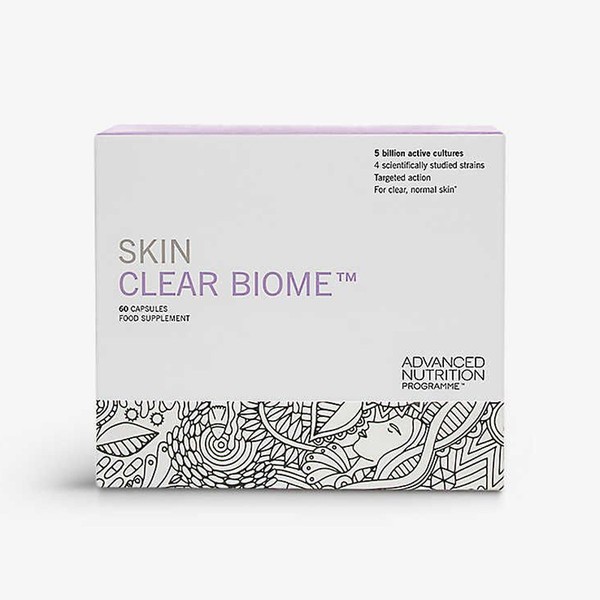
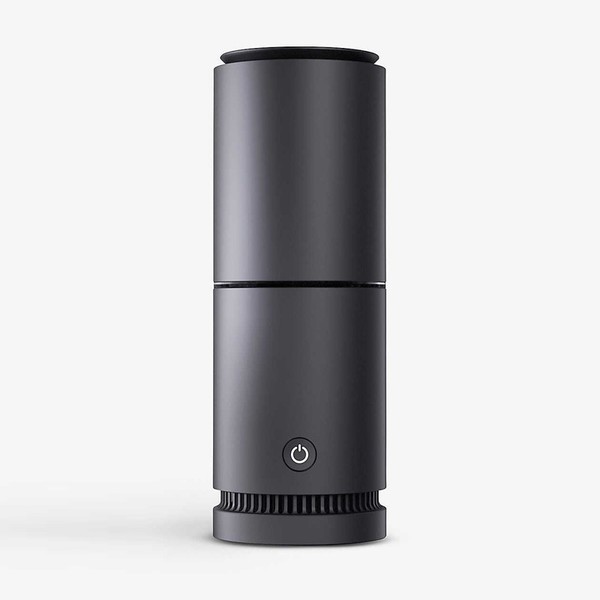
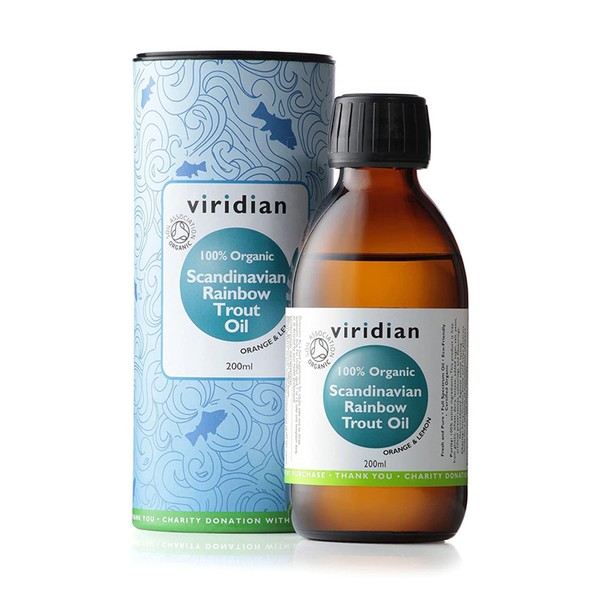
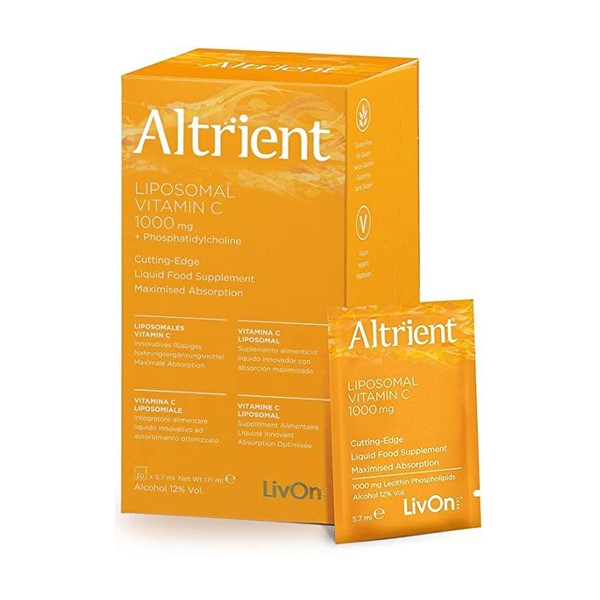
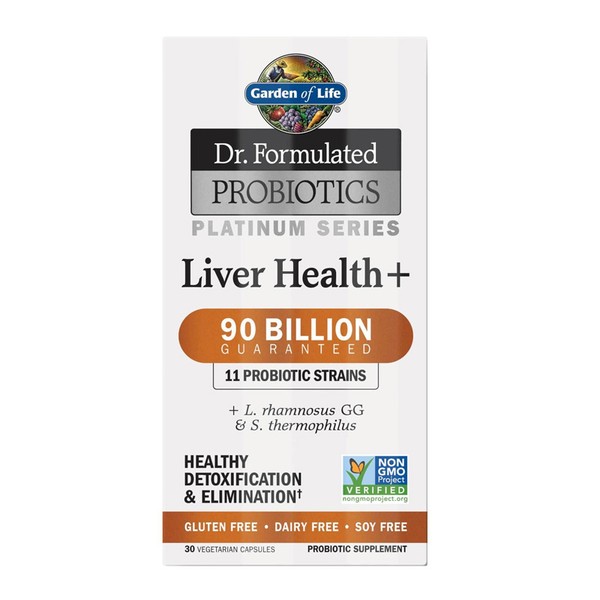
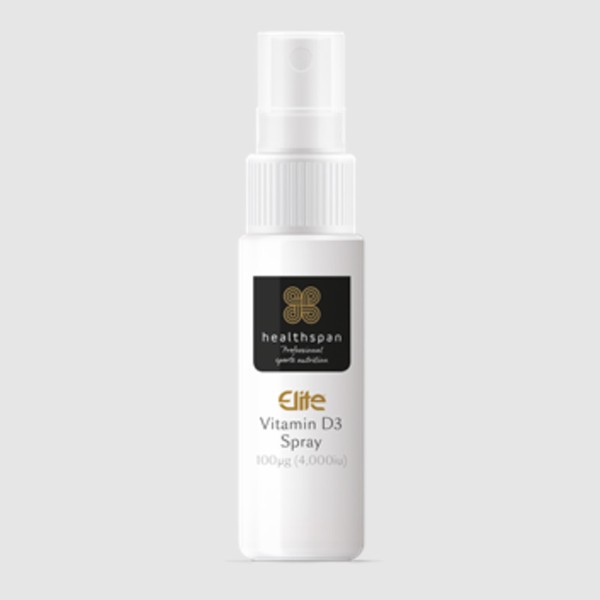
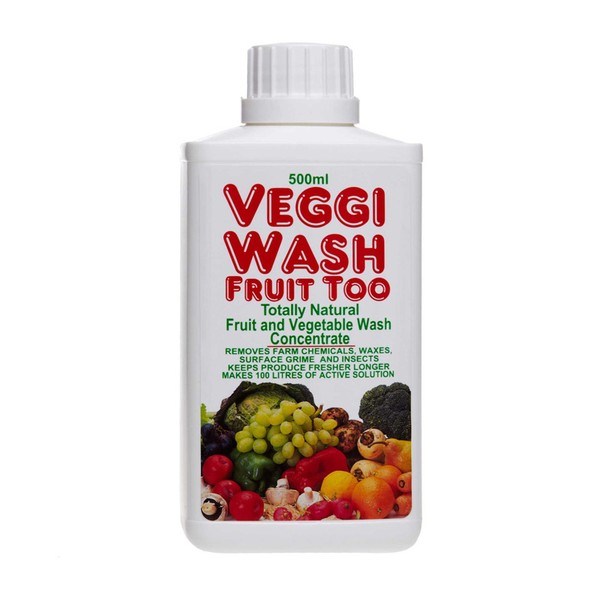
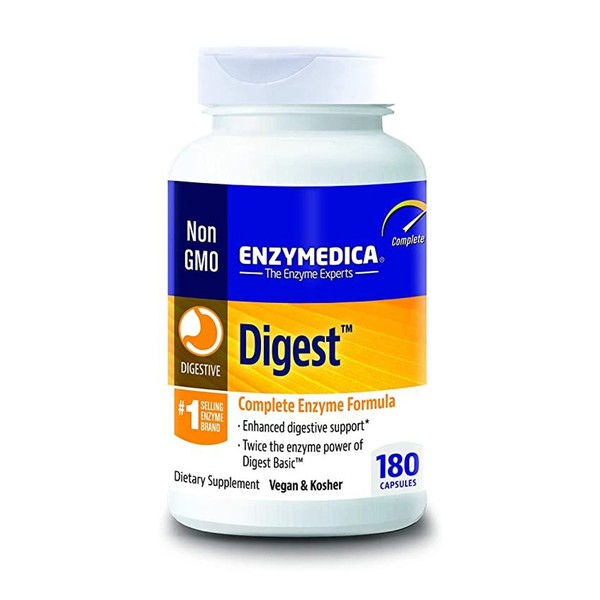
DISCLAIMER: Features published by SheerLuxe are not intended to treat, diagnose, cure or prevent any disease. Always seek the advice of your GP or another qualified healthcare provider for any questions you have regarding a medical condition, and before undertaking any diet, exercise or other health-related programme.
DISCLAIMER: We endeavour to always credit the correct original source of every image we use. If you think a credit may be incorrect, please contact us at info@sheerluxe.com.
